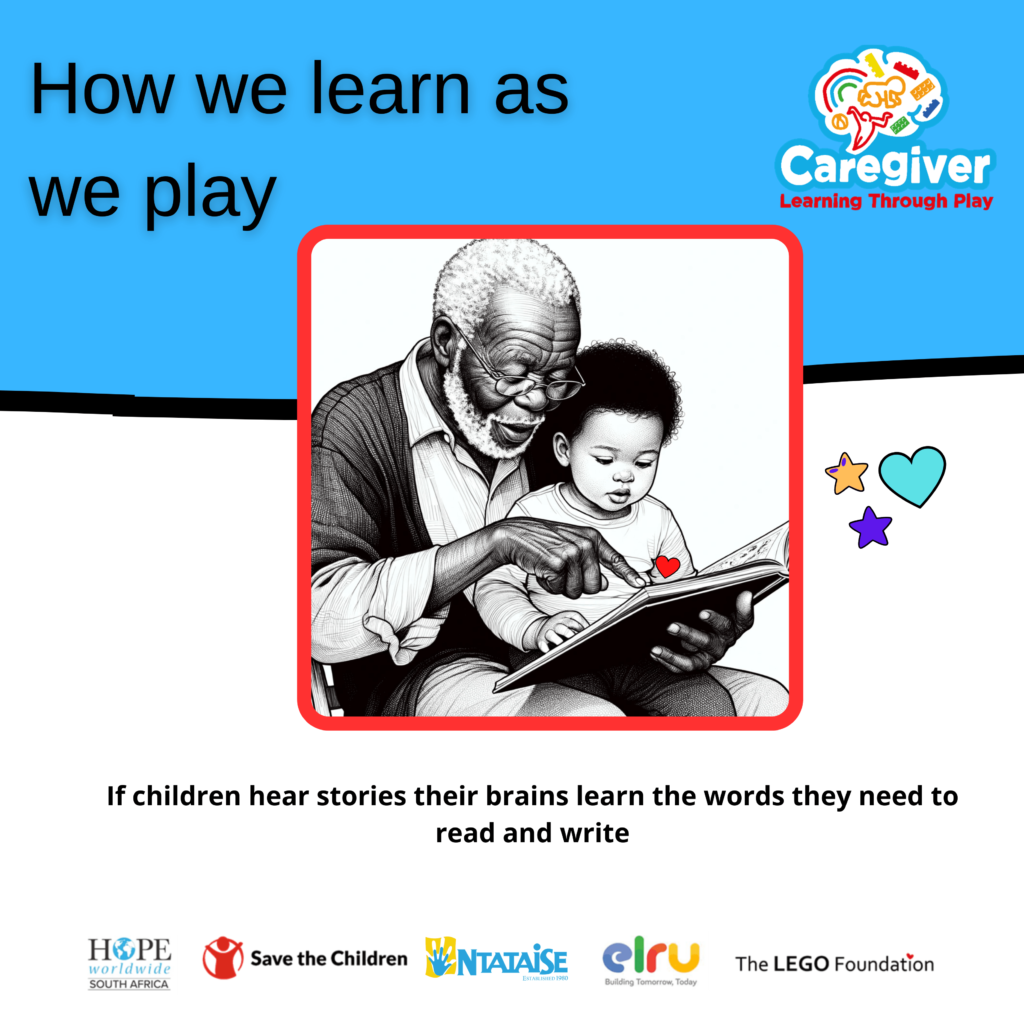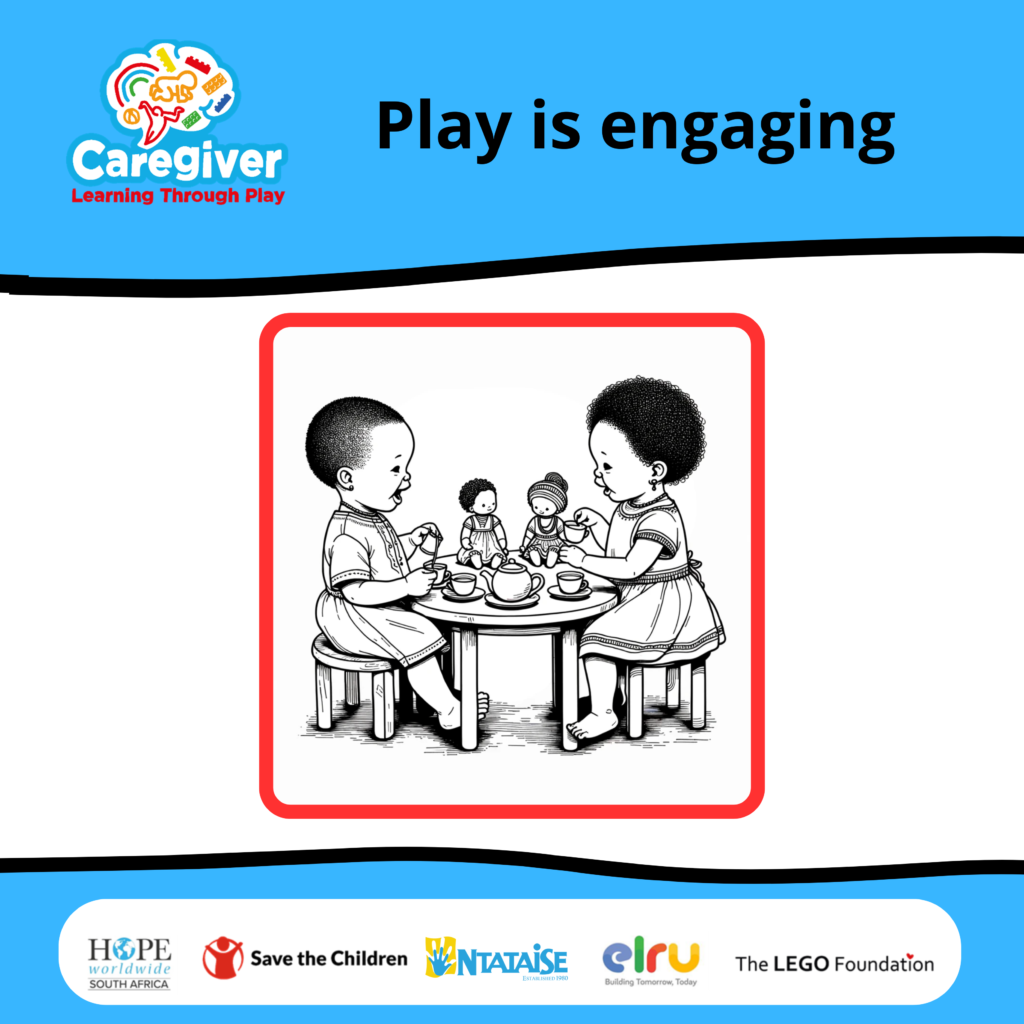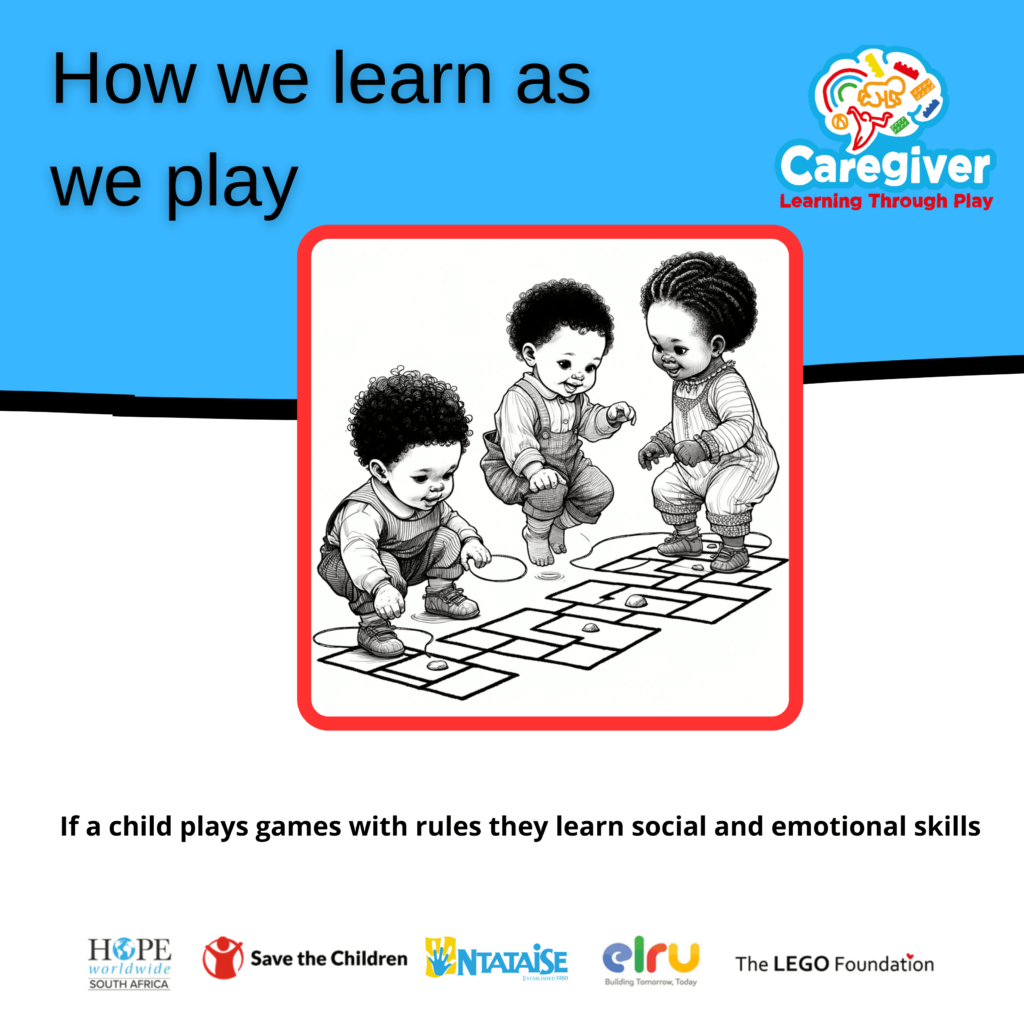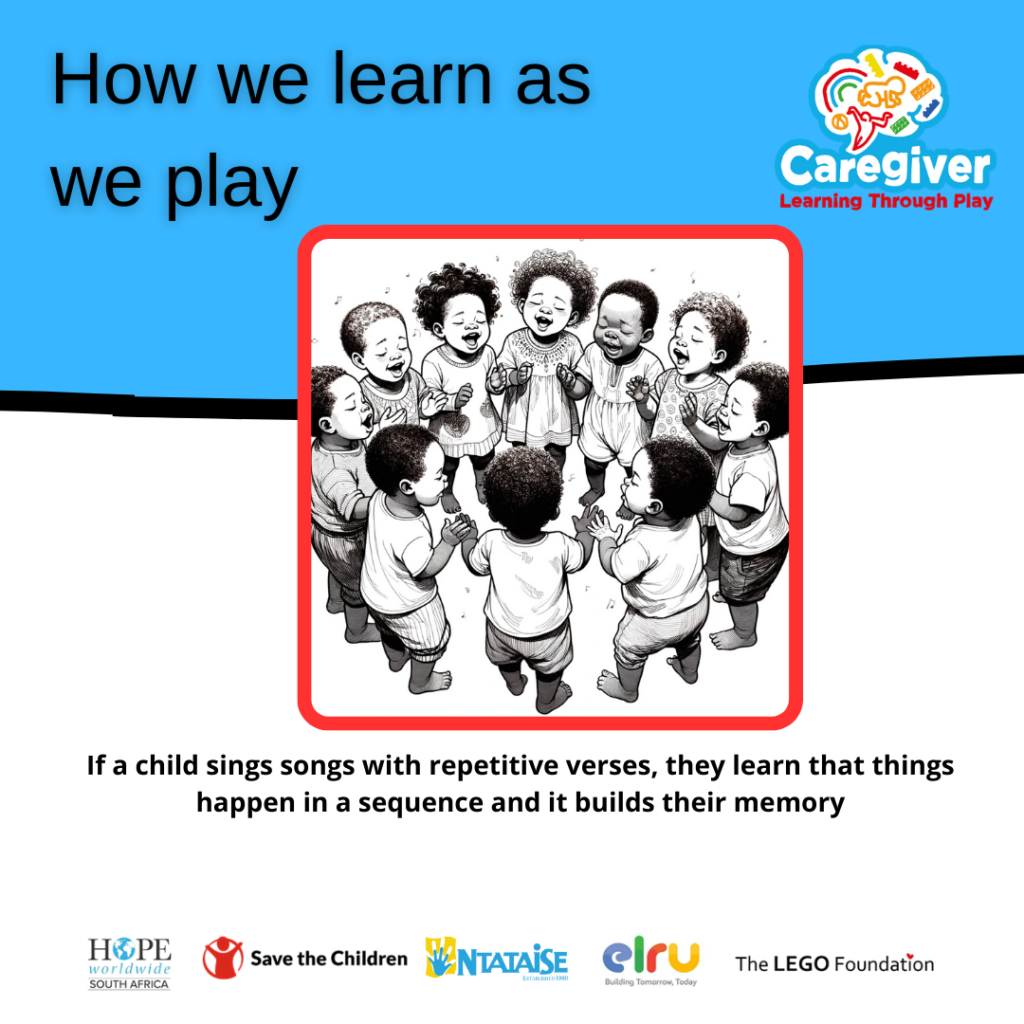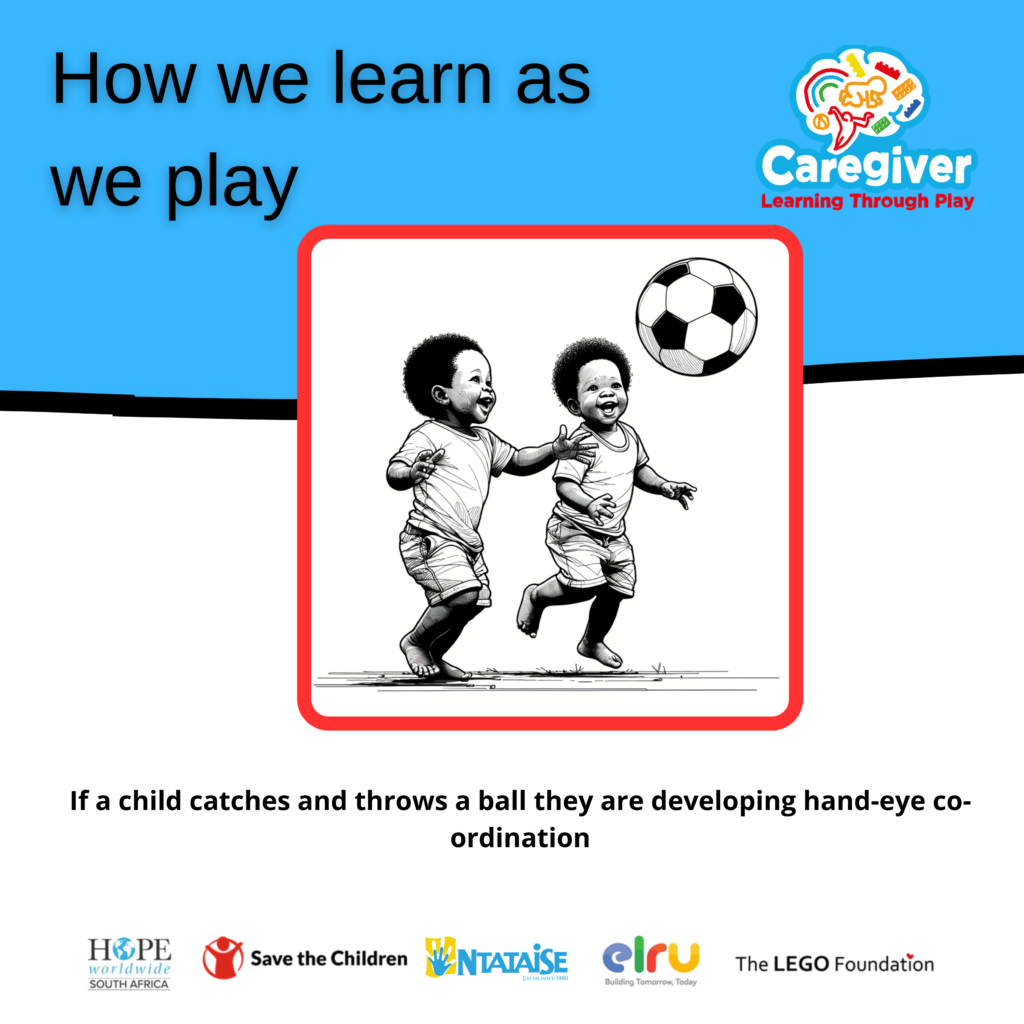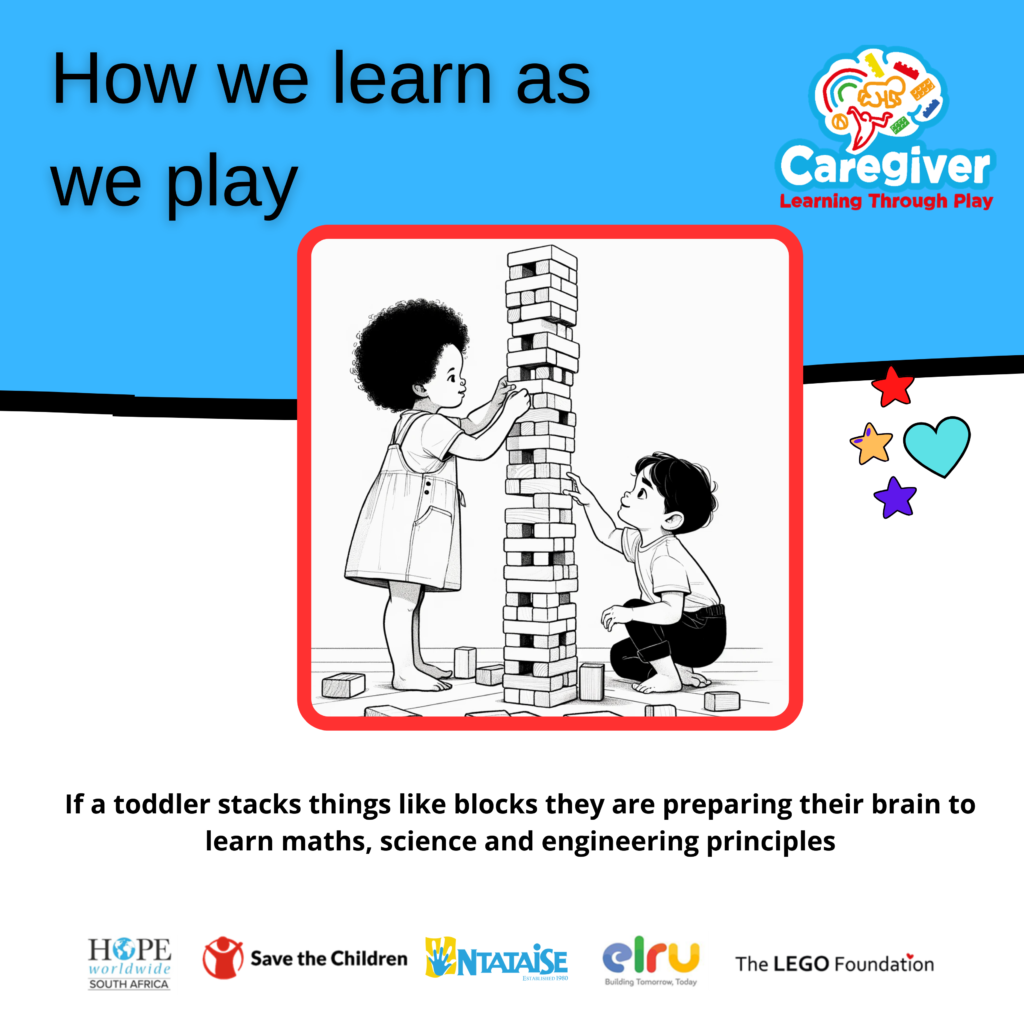Responsive parenting and playful parenting are keys to boosting your child’s learning
Share
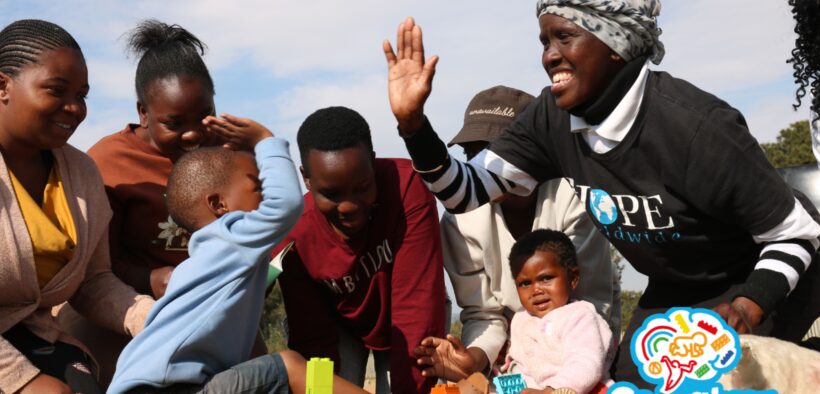
Countless studies have revealed over the years the importance of play-based learning in a child’s early developmental phases. These, according to the Children’s Bureau of Southern California, are ranked from when a child is born until they turn five years old and are a time of rapid brain development that determines the future of a child’s ability to thrive and learn, according to HOPE worldwide South Africa, a national Early Childhood Development NGO.
And as we enter the holiday season, the ample time afforded to parents and guardians is perfect to start investing time into intentional learning through the power of play. Simple engagements in enjoyable, everyday activities with one’s children can help promote play-learning. And this, according to HOPE worldwide South Africa, is dubbed Responsive and Playful Parenting.
Responsive parenting, according to the organization, means parents are aware of their children’s emotional and physical needs and respond to them appropriately and consistently. This promotes the healthy development of your child in a variety of different ways.
Playful parenting promotes learning, which can be as simple as having fun by teaching your child colours while you do the laundry or running and skipping with them to keep their bodies healthy. It can also mean reading stories to your child, which teaches them vocabulary and communication skills that will help them learn to read and write in primary school.
- Pictures Supplied by HOPE worldwide South Africa
It can also mean teaching your child about different fruits and vegetables when you go shopping, helping them name their feelings as they happen, and playing games as well as drawing and colouring with them to improve their creativity and future writing.
Dr. Marc Aguirre, HOPE worldwide South Africa Country Director, shares that there is no set structure to play-learning because all forms of play are powerful as the key to learning.
He shares: “Globally, researchers and educators have found that children learn best through play, as it enriches learning and develops key skills such as inquiry, expression, experimentation, and teamwork. Both ‘intentional’ or structured play and ‘free’ or unstructured play are important for a child’s wellbeing and growth. Structured play is more goal-focused and generally involves using logic to solve problems or learning new tasks or concepts through instruction, while unstructured play is creative and builds important qualities such as imagination, creativity, and empathy.”
So when asking which is better, he advises that it is all about balance. “There needs to be an equal amount of both free and intentional play activities because both help a child’s physical, social, and emotional development.”
According to statistics provided by HOPE, in South Africa, 66% of the poorest children are not in early learning programs (ELP). Of those children who do have access to an ELP, six out of 10 are falling behind, re-emphasizing the importance for parents to utilize the play-learning approach more to aid in their children’s development and access alternative help that will hone their young ones’ developmental stages.
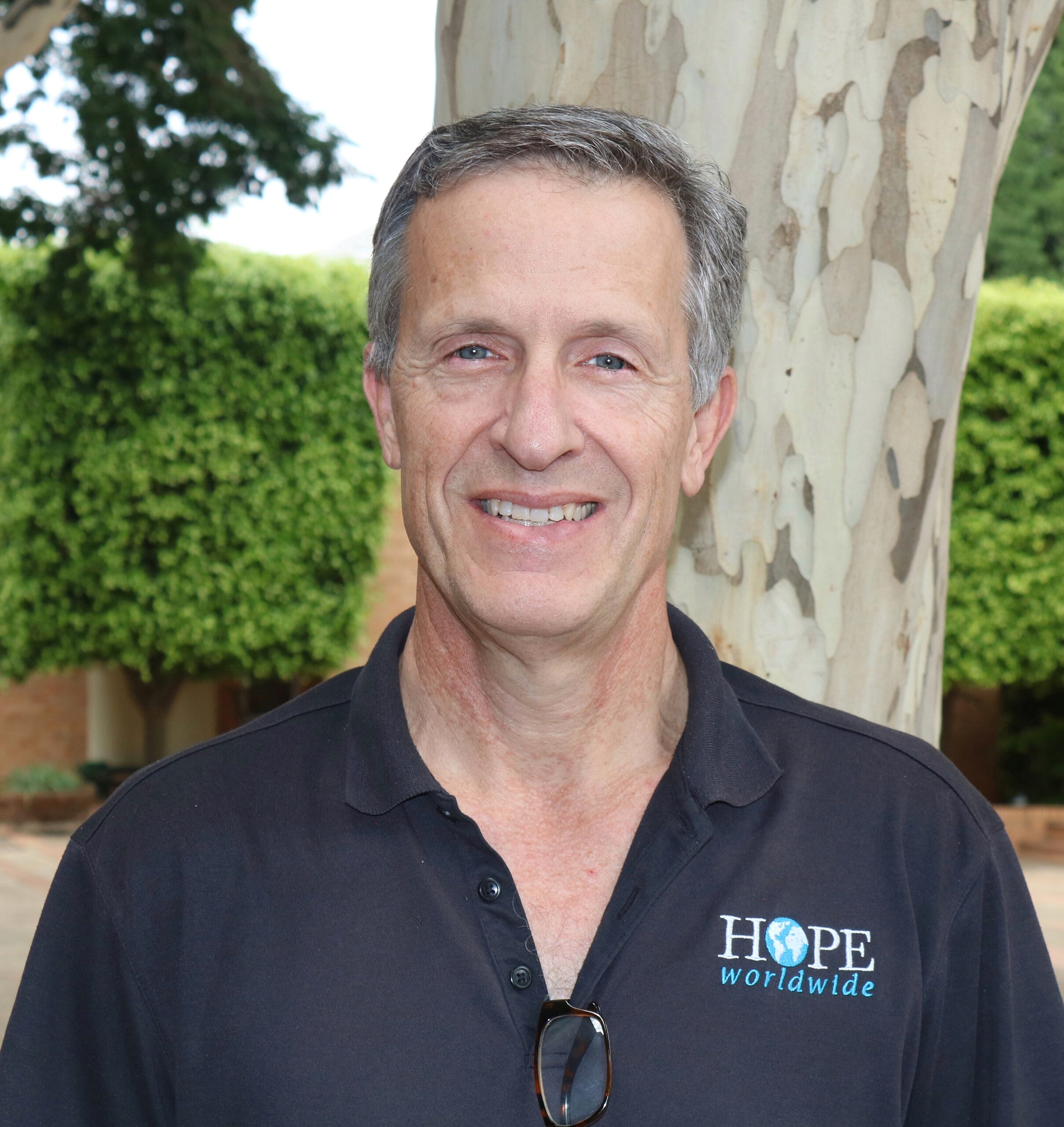
Dr Marc Aguirre, HOPE worldwide South Africa country Director
An example of alternative help is HOPE worldwide South Africa’s Caregiver Learning Through Play (CLTP) program, which offers parents and caregivers of young children useful tools, tips, and ideas. These include local traditions and customs to make learning enjoyable and relevant, as well as techniques that can be implemented immediately.
“CLTP gives parents and caregivers very practical tips on responsive and playful parenting. It helps parents understand that children learn best through play and that play can happen anywhere and at any time. By enrolling in the CLTP training program, parents will also gain self-confidence and better knowledge of different forms of play-based learning to assist their child or children in growing as healthy and strong as possible. It will give them skills to support them in having healthy bodies and brains, learning about themselves, expressing their emotions, and developing their social skills,” adds Dr. Aguirre.
This free-to-download program is executed by HOPE worldwide South Africa and is in partnership with Save the Children SA, Ntataise and the Early Learning Resource Unit (ELRU), and is supported by the LEGO Foundation. Parents and caregivers can go through the two four-hour training sessions to learn how important they are to a child’s development.
“Over the past 3 years, through the CLTP program, we have trained over 200,000 parents across the country in ‘Responsive and Playful’ Parenting. Our research shows that it is having an impact. We want to share this program with as many parents as possible,” said Dr. Aguirre.
“The quality of our relationships with our young children is vitally important. When our relationship is loving, responsive, and nurturing, it has a strong and positive impact on our children’s brain development. Simple activities like playing, talking, and reading with our children can build those strong bonds. Our own mental health state also plays a part. Self-care is very important for promoting positive parenting. We at HOPE worldwide SA have the vision of helping every young child get the best possible start in life, regardless of their circumstances,” he adds.
To download the toolkit or register for the online training course, visit www.cltp.org. To access the face-to-face training, email: cltp@hopewwsa.org.
- Pictures Supplied by HOPE worldwide South Africa
If you would like to donate to HOPE worldwide South Africa, visit: https://hopeworldwidesa.org/donate-now/
